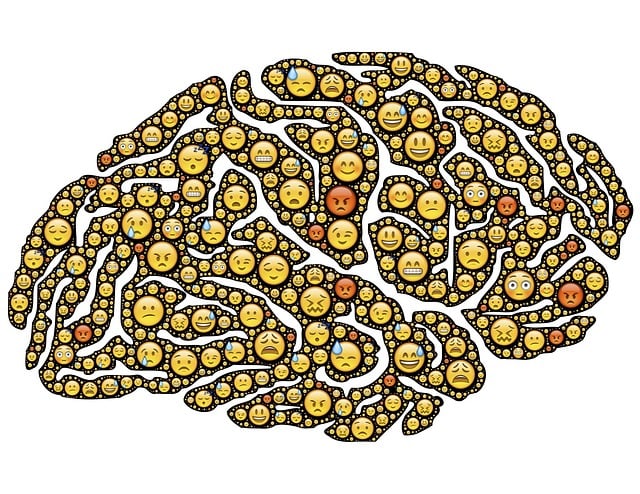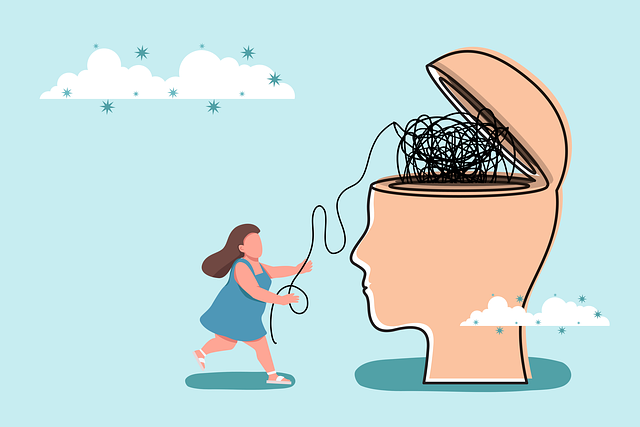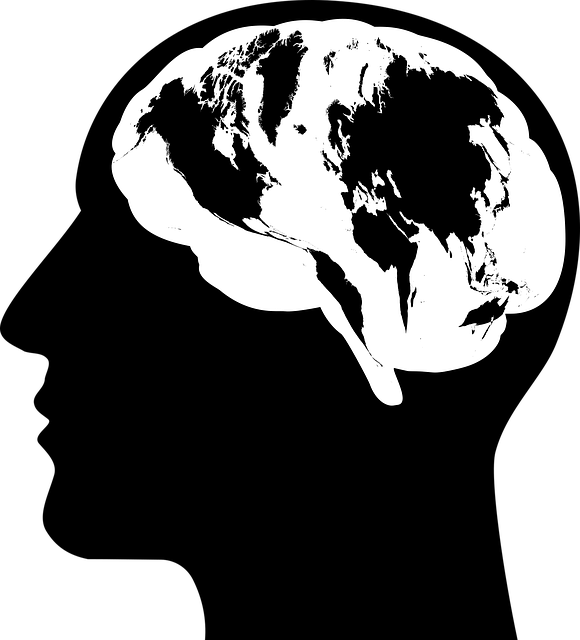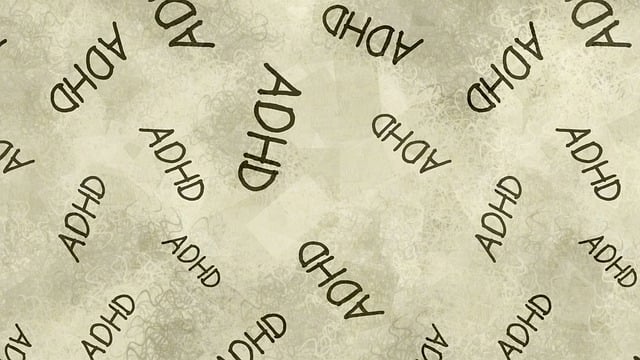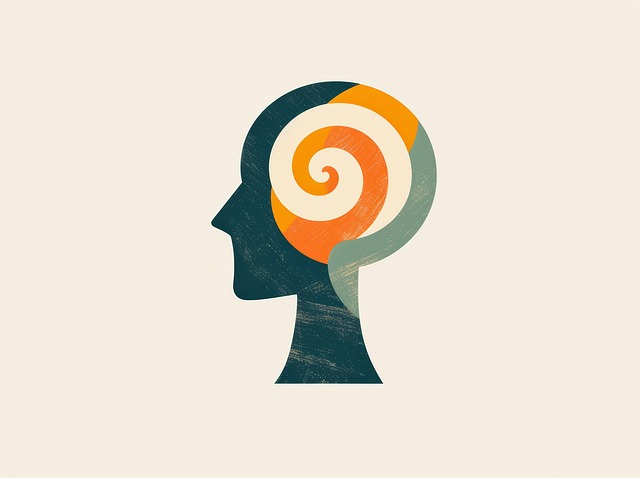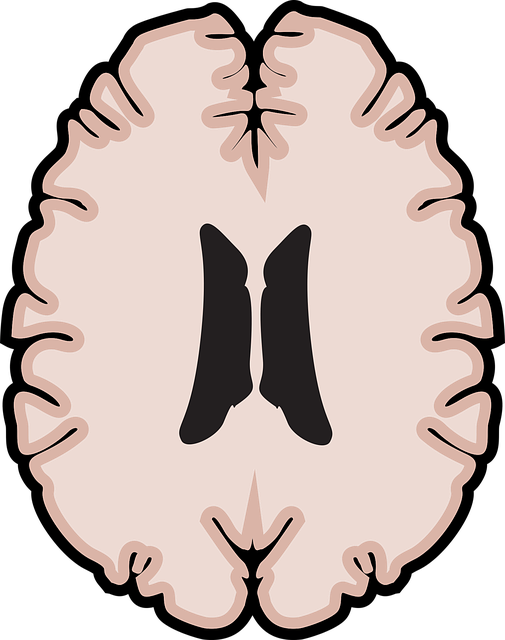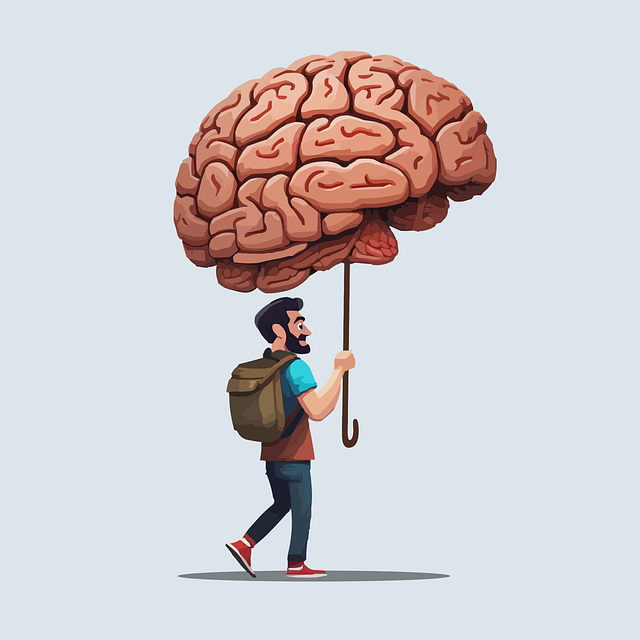Cultural sensitivity is vital in modern mental healthcare, particularly within practices like Littleton EMDR Therapy. By understanding and respecting diverse backgrounds, therapists can offer effective services tailored to individual needs. Incorporating culturally aligned techniques such as Mindfulness Meditation improves therapy outcomes, especially for clients from specific cultural contexts. The development of Mental Wellness Coaching Programs that integrate cultural perspectives further enhances holistic mental wellness. Challenges in providing culturally responsive care in diverse cities like Littleton include navigating varied backgrounds, but strategies include cross-cultural training, evidence-based practices, public awareness campaigns, conflict resolution, and burnout prevention for healthcare providers, leading to improved treatment quality and inclusive environments where patients feel heard and understood.
Cultural sensitivity is a cornerstone of effective mental healthcare, ensuring equitable and compassionate treatment for all. This article explores the intricate relationship between cultural competence and mental wellness, with a focus on the therapeutic approach of Littleton EMDR Therapy. We’ll delve into its role as a culturally responsive practice tool, while also addressing challenges and strategies for integrating awareness in treatment. By enhancing cultural sensitivity, mental health outcomes are improved for diverse patient populations.
- Understanding Cultural Sensitivity in Mental Healthcare
- The Role of Littleton EMDR Therapy in Culturally Responsive Practice
- Challenges and Strategies for Integrating Cultural Awareness in Treatment
- Enhancing Patient Outcomes through Cultural Competence in Mental Health Care
Understanding Cultural Sensitivity in Mental Healthcare

Cultural sensitivity is a cornerstone in modern mental healthcare practice, ensuring that services are accessible and effective for individuals from diverse backgrounds. It involves recognizing and appreciating the unique cultural beliefs, values, and practices that shape an individual’s experience of mental health and well-being. In the context of Littleton EMDR Therapy, this sensitivity becomes paramount as it guides therapists in facilitating healing while respecting each client’s cultural identity.
Integrating approaches like Mindfulness Meditation and Self-Esteem Improvement, tailored to a client’s cultural context, can significantly enhance therapy outcomes. For instance, mindfulness practices deeply rooted in Eastern traditions might resonate with clients from those cultures, fostering a sense of calm and self-awareness. Similarly, Mental Wellness Coaching Programs Development that incorporates cultural perspectives contributes to the holistic improvement of mental wellness, ensuring that interventions are not only therapeutic but also culturally affirming.
The Role of Littleton EMDR Therapy in Culturally Responsive Practice

Lilton EMDR Therapy plays a pivotal role in fostering culturally responsive practice within mental healthcare. This therapeutic approach, rooted in evidence-based practices, is designed to address trauma and its impact on individuals’ lives. By integrating cultural understanding into the therapy process, practitioners can create a safe and inclusive environment for clients from diverse backgrounds, thereby enhancing treatment effectiveness.
The focus on cultural sensitivity goes beyond mere awareness; it involves active efforts to dismantle the mental illness stigma reduction efforts. In addressing anxiety relief and burnout prevention strategies for healthcare providers, Littleton EMDR Therapy encourages therapists to tailor their approach to each client’s unique cultural context. This personalized care not only improves outcomes but also fosters deeper connections, enabling practitioners to provide holistic support that respects and values every individual’s cultural identity.
Challenges and Strategies for Integrating Cultural Awareness in Treatment

Integrating cultural awareness into mental healthcare is a complex process with significant benefits. One of the main challenges lies in navigating the diverse cultural backgrounds of both patients and therapists, ensuring that treatments are accessible, respectful, and effective across different communities. For instance, in a city like Littleton, where EMDR Therapy is widely practiced, therapists must understand the unique cultural nuances to avoid miscommunication and build stronger therapeutic alliances.
Strategies for overcoming these challenges include ongoing training in cross-cultural competency, adopting evidence-based practices that respect diverse beliefs systems, and promoting public awareness campaigns about mental health. Conflict resolution techniques can help when cultural differences arise, while burnout prevention strategies for healthcare providers are essential to maintaining a consistent level of care. These approaches not only enhance the quality of treatment but also foster an inclusive environment where every patient feels heard and understood.
Enhancing Patient Outcomes through Cultural Competence in Mental Health Care

Cultural sensitivity is a cornerstone in enhancing patient outcomes within mental healthcare practices. By integrating communication strategies that respect and understand diverse cultural backgrounds, therapists can create a safe and inclusive environment for individuals from various ethnic, racial, and socioeconomic groups. This approach is particularly significant in areas like Littleton EMDR Therapy, where cultural competence can significantly impact treatment effectiveness.
Embracing emotional well-being promotion techniques tailored to individual cultural contexts fosters positive thinking and encourages clients to actively participate in their healing journey. Therapists skilled in these strategies can adapt their practices to honor traditional beliefs, incorporate culturally relevant interventions, and navigate potential language barriers. As a result, patients are more likely to develop resilience, overcome challenges, and achieve long-lasting mental health improvements.
Cultural sensitivity is a cornerstone of effective mental healthcare, with Littleton EMDR Therapy playing a pivotal role in fostering culturally responsive practices. By integrating awareness and addressing challenges, mental health professionals can enhance patient outcomes, ensuring care that resonates with diverse cultural backgrounds. This approach not only improves treatment efficacy but also builds trust and strengthens the therapeutic alliance, ultimately contributing to more positive and lasting results for all patients.
